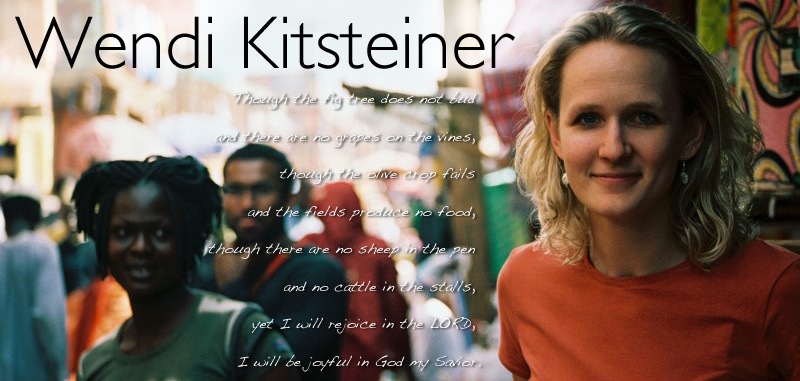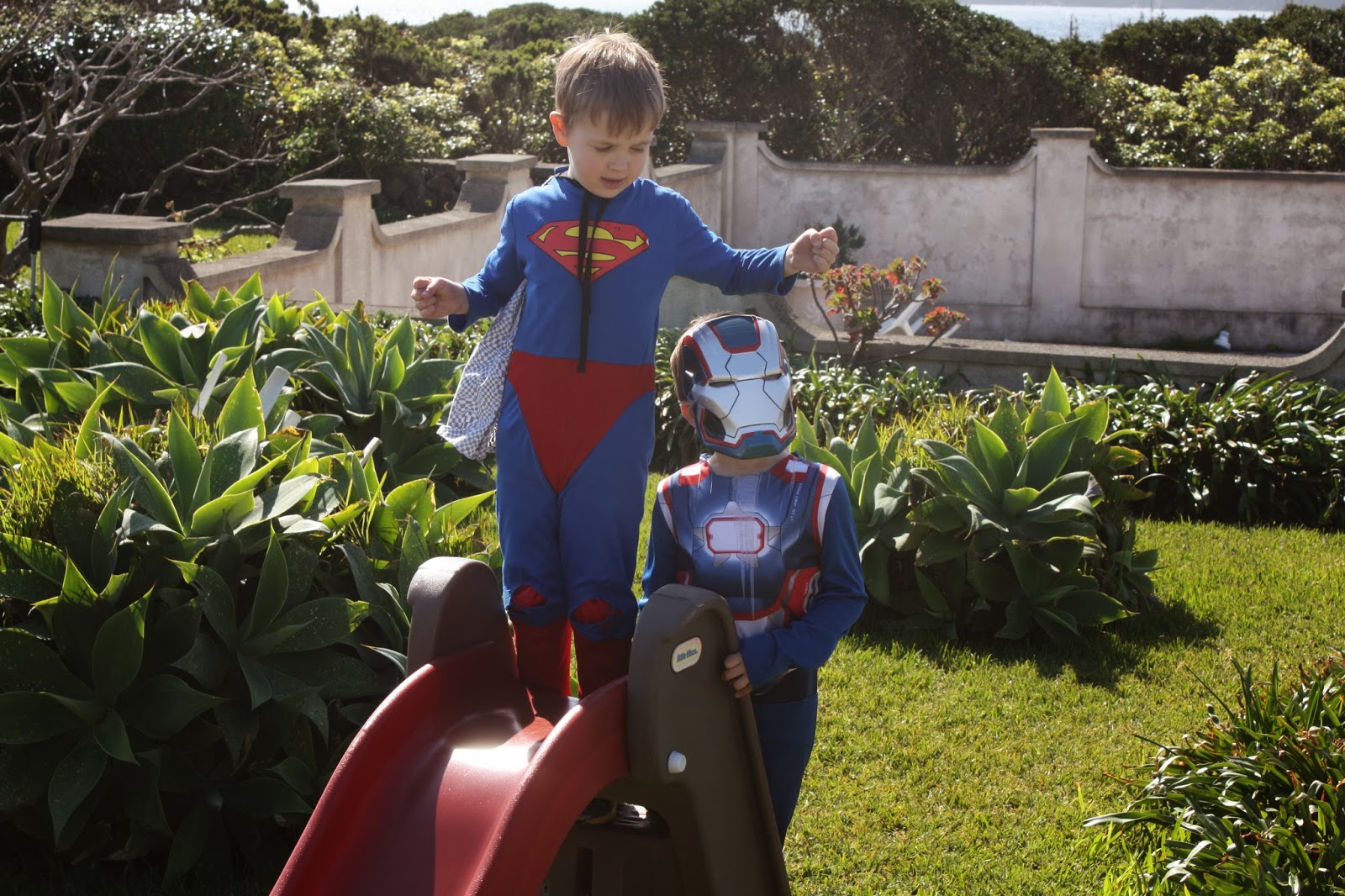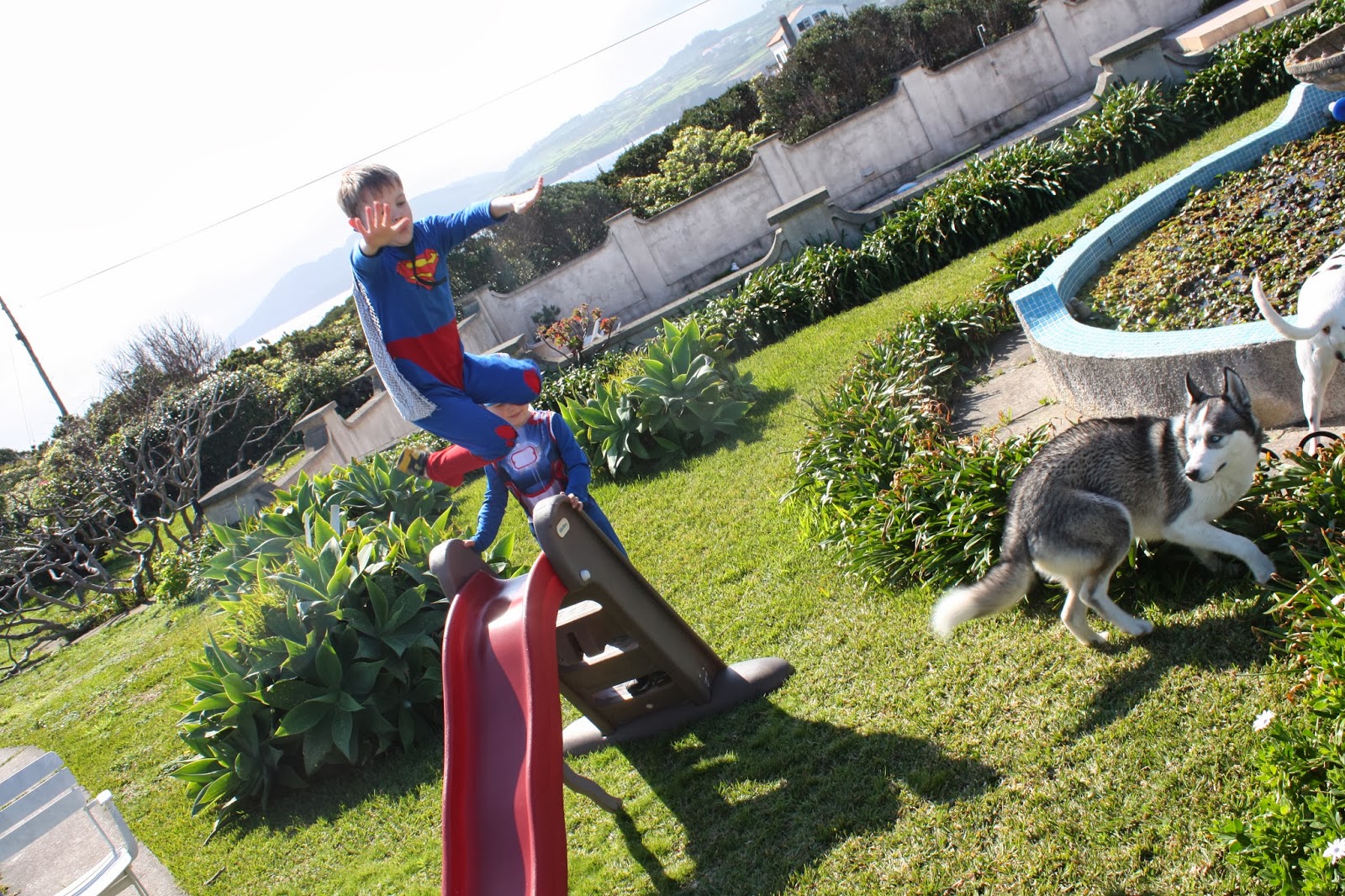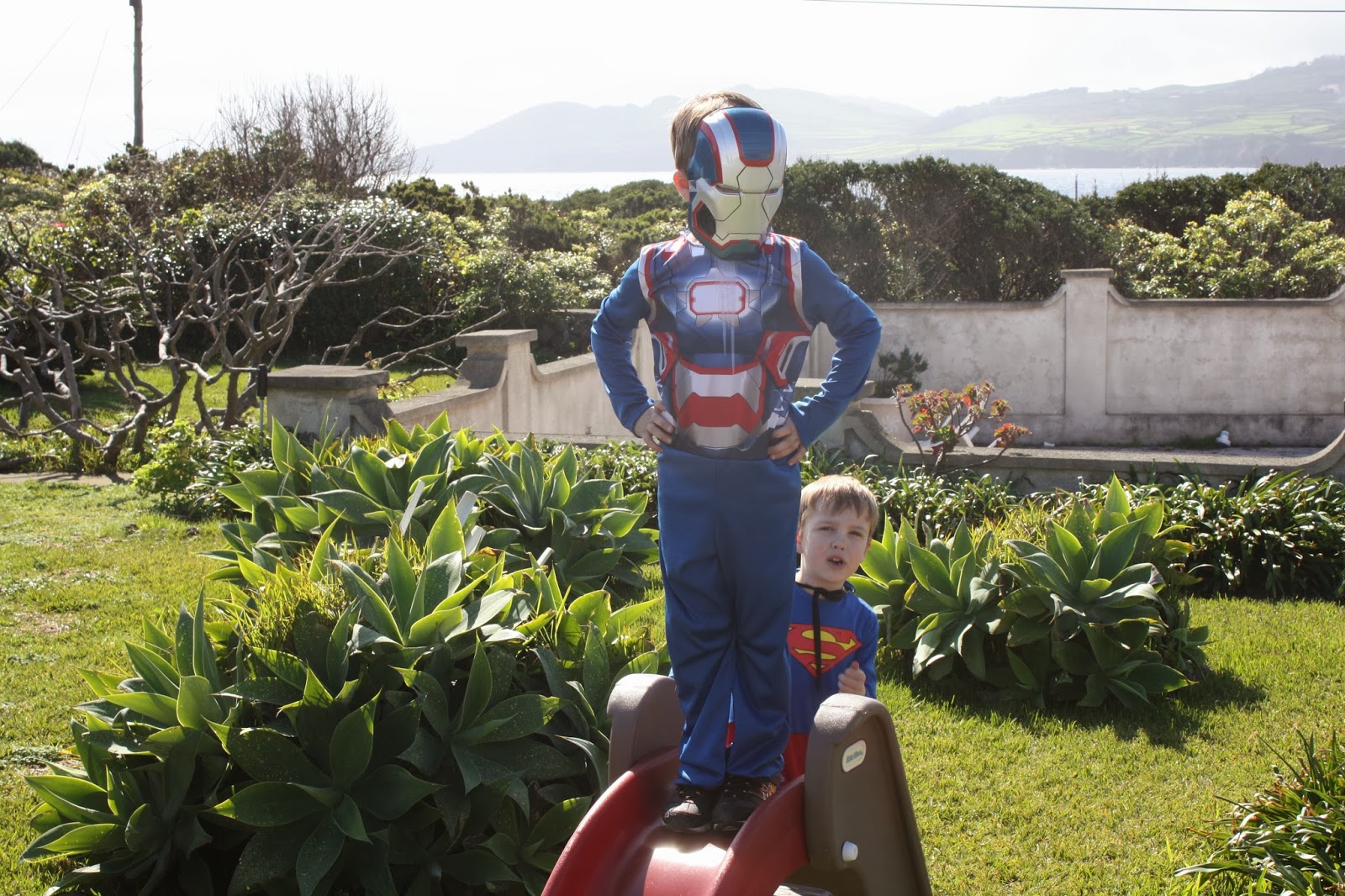When you finally bring your child home, yes, you will feel elated. But many new adoptive moms and dads are surprised by the complex emotions that can sit on the outskirts of that joy—from lingering sadness about infertility to echoes of failed matches to becoming a parent literally overnight.
By: Joni S. Mantell, MSW
To read this article in its entirety,
click here.
You are finally home with your newly adopted child, and you're thrilled—but what are those other feelings layered behind that joy? Adoptive moms and dads may have experiences and emotions, like previous failed expectant mother matches, unequal maternity leave, or residual feelings about infertility, that can complicate the passage to parenthood.
Unlike full-blown post-adoption depression syndrome (PADS), in which overwhelming despair, panic, a sense of disconnection from your child, and sometimes even frightening feelings and thoughts occur, the sadness of post-adoption blues is more subtle, and alternates with, or exists right next to, truly positive feelings about parenting. These lighter shades of blue, which are much more common than PADS, can be just as isolating. After all, your dream has come true! Any tinge of guilt, sadness, shame, or dissatisfaction during what is supposed to be a joyous time is unexpected, and makes the blues hard to talk about.
Understanding the unique factors in adoption that complicate new-mommy or new-daddy feelings, and knowing that you're far from alone, can pave the way for self-compassion and, often, swift relief. Adoptive parents share what they experienced, and how they worked through it.
THE INFERTILITY FACTOR
Becoming a parent after infertility is profound and unique. Facing infertility involves grieving the pregnancy and birth experience, and a biological connection with your child, and these feelings may not be fully resolved by the time you adopt. If such feelings run alongside your joy in your new baby, understand that being human involves having more than one feeling at a time. As a mom from New York City says, "I felt some incompleteness because I didn't go through the birthing process. At the same time, I feel deep gratitude for a successful adoption. I think it's a part of coming full circle to acknowledge both the joy and unexpected sadness that comes."
In fact, newer grief models recognize that grief is not linear; it does not need to reach a point of punctuation. It naturally ebbs and flows over the life cycle as different aspects of the loss emerge. We've also learned that acknowledging these feelings is the best way to get them to diminish over time.
Residual feelings take time to heal. "I was so shaken up by the failure of our medical treatments that I could not stop thinking about what might go wrong during the adoption process," says Alison J., of Princeton, New Jersey. "Now I want to enjoy our daughter, but I feel anxious and worried about her."
Deborah, of Lambertville, New Jersey, says, "After we brought our son home, I would cry easily for no identifiable reason. It was as if I had tapped into a deep pool of emotions. Everything I'd held in for so long was released."
Losses may be triggered. Michele P., of Cranbury, New Jersey, says she was "stunned when the finality of our never having a biological child hit me at exactly the same time our baby came home."
FEELING UNACKNOWLEDGED
Our society's welcoming rituals, and even its policies, can be very different for adoptive mothers, compared to those typically enjoyed by pregnant mothers.
Different treatment from friends and family. Women may feel slighted when friends and family don't throw the same kind of baby shower they threw for their sister-in-law. Frequently, it is the preadoptive parents who ask their loved ones to hold off on throwing a shower or buying baby gifts, due to their trepidation. All the same, embarking on parenting without the typical fanfare can sting.
Some parents find that others amplify their anxiety about the adoption. A New York City mom says, "When I told my mom that we made contact with a birth mom, were making an adoption plan, and preparing for the arrival of our son, she said, ‘Don't buy too much.' It felt like she had said, ‘Don't get your hopes up, it might not happen,' and that hurt." A pregnant friend said something similar to Nancy, in Skillman, New Jersey. She replied: "What you are saying to me is akin to my saying to you, ‘Yeah, but you don't need to buy that because you might have a miscarriage.' I just want to feel like a normal mom. If the adoption fails, it won't be the drawer of baby clothes that upsets me."
Samantha, a mother from Princeton, New Jersey, concedes, "Almost nothing people did or said would have been ‘right.' I felt like a failure after losing so many pregnancies, and I was very sensitive to reactions that might be construed—by my paranoid mind—as judging me or my child to be ‘less than.'"
Maternity leave is a hot button. The leave women receive from their employers is commonly called "maternity leave," but technically it is "short-term disability leave" and is tied to pregnancy and birth. Some adoptive parents are fortunate enough to work for a company that offers adoption leave. Parents who work for a large enough company are entitled to FMLA (Family and Medical Leave Act) time, but that is unpaid leave. Parents who don't qualify for FMLA generally have to cobble together vacation time and sick or personal days, and still rarely get the same amount of time off to bond that mothers who gave birth are routinely granted.
A mother from New York City says: "Our lives were turned upside down in a span of three weeks—virtually no time to prepare a nursery, hire a reliable baby nurse, or even pick out paint colors. I found it blisteringly ironic that this was not considered a ‘disability' worthy of paid time off, while time off after giving birth was a given. Sure, we were ‘allowed' to take time off, but it was not paid and it was not equal."
AWARENESS OF THE "OTHER" PARENTS
When you become a parent through adoption, you know that there is another parent, or set of parents, who might have been parenting save for a different set of circumstances. Whether or not they know these other parents, many adoptive moms and dads feel guilty or sad on their behalf, or feel obligated to them.
Empathy for birth parents is common. "It was a terrible feeling to want to be a mother and, at the same time, feel that I had hurt another woman who might have been a wonderful mother to the same child under different circumstances," one new mom says.
Julia, from New Jersey, recalls, "When my daughter's birth father described his hopes for her and talked about how much he loved her, tears streamed down my face. When the day came for them to terminate their parental rights, my daughter's birth mom signed her first name, broke down, wept, and then pulled herself together to sign her last name. I can't tell this story without crying myself. Taking custody of my daughter after this, I felt incredibly relieved, but I did not feel happy for myself. My heart was grieving for her birth mother and birth father." After she was home with her child, says Julia, she "began to enjoy my child and feel happy that I finally was a mom."
A mother from New York City says, "My son's birth mother had become like a sister to me during our match. When he was born, I could not hold him or go to him—I only cared that his birth mother was OK. Upon returning home, I was extremely sad. I was able to care for my son, but I had to admit that I was not in love with him. I felt like I was raising someone else's child and, even worse, that I had taken a child from his mother." She reports that she fell in love with her son after a few months. It helped to "understand that his birth mother needed us to raise him as much as we wanted to be parents."
Wanting to please your child's birth parents. Diane, from Bordentown, New Jersey, reports that her child's birth mother visited at the hotel several times. "I felt so anxious that she feel confident that I was the right choice to raise her baby."
Kevin O., from Brooklyn, says, "Our son's birth mother went into labor two months pre-term, so he spent five weeks in the NICU, during which time I was never alone with my son. When I got home, I found that, for a long time, I felt ‘watched.' The twist was that, at home, I felt monitored by the imaginary eyes of his birth mother, too. I wondered if other adoptive parents felt the ‘auditioning' continue after winning the part. Our first post-adopt visit with our son's birth mother released me of a lot of these feelings. I could see that she trusted me to raise him well."
Sorting through etiquette and setting boundaries. Carla, of central New Jersey, felt confused and upset when her son's birth mother referred to herself as his mom and said, "Call me if he is sick." She was finally able to discuss this with her directly, saying, "I am just getting used to being his mom and I feel uncomfortable when you call yourself his mom, too. Can you use a different term?" The conversation was difficult, but it paved the way for an honest relationship going forward.
INSTA-PARENTHOOD
In adoption, it's common for the timeline to be unclear, or even nonexistent. When the process and match happen sooner than expected, the "insta-parents" feel a great flood of emotions while having to deal with practicalities—scrambling to get everything they need, prepare a nursery, learn about baby care, and find a pediatrician, all with a baby in tow.
Feeling guilty about being unprepared. "Our adoption came with very little notice," says a mother from New Jersey. "While this was nothing short of miraculous and thrilling, it was tinged with anxiety and apprehension over how ill-prepared we were to actually bring the baby home."
Deliberately avoiding preparation. Even with an expectant mother's due date or a timeline for receiving a referral, it is not uncommon for pre-adoptive parents to protect themselves with an "if-this-works-out" mindset and to avoid taking any concrete steps, or even thinking of themselves as parents-to-be. Jane R., of Somerset, New Jersey, says, "While we had many months to prepare, we didn't. When we got the call, it was like an emergency situation. Friends and family had to buy everything for us while we flew off to meet our new son."
Diving right in with an older child. Feelings about insta-parenthood can be ramped up when the child you bring home is not a baby but a busy little boy or girl. "Jumping right into being an older parent of a mobile and very energetic toddler who wanted to experience everything was tough," says a mom from Skillman, New Jersey. "Carrying her, chasing her, dealing with bedtime was exhausting—I lost 10 pounds the first month she was home!" She notes that her feelings were compounded by a sense of isolation: "Before we adopted I worked, and had a lot of personal freedom. It helped to talk to other mom friends who had adopted, and find that they had the same feelings."
ECHOES OF FAILED MATCHES
False starts in adoption can range from never hearing back from an expectant mother after a first phone call to being at the baby's birth, and perhaps taking custody for a short time, before learning that the adoption will not go through. Experiences like these take time to get over, and can haunt a subsequent match.
- Recovering from dashed dreams. "I got so excited the first time we were matched," recalls Madeline S., of Hopewell, New Jersey. "I started to picture myself as a mommy, strolling with my baby in the park, dressing her. Then, when the expectant mother changed her mind, I had to abruptly switch off these feelings."
- Difficulty trusting in the match. It's common for parents to try to shut off their emotions after a failed match with an expectant mother, or to become hyper-vigilant. This kind of behavior, whether conscious or not, can turn the next match into an anxious or confusing time. A mother from central New Jersey says, "We thought our first match was perfect. I would say to people, ‘You never know with adoption if it will work out,' but, in truth, I was not preparing myself for that reality." When she later adopted her daughter, she "could not stop reading something into every little thing, as if it were a sign as to whether this would be our baby or not. I was exhausted before we brought her home."
- Letting go of what might have been. When one mom met her son, she carried sad memories about the disrupted adoption of a newborn she had held and cared for at the hospital a year earlier. "I felt guilty loving my son while this little girl was present in my heart," she says. "Knowing of this girl's difficult family situation, I also felt guilty about not being able to parent her. My husband and I kept checking Facebook to see if the family was OK." Her son is now four, and she says, "Honestly, it took a few years to stop thinking about the little girl. Then I felt guilty for not thinking about her, all the while adoring my son and feeling some disloyalty to him for such thoughts."
MOURNING THE "FIRSTS" YOU MISSED
When you adopt a child beyond the newborn stage, you were not there for his first cries, first tooth, first steps, and so on. Although it's natural to think about the firsts you missed, many parents choose to focus on (and document!) the firsts they're a part of: first ice cream, first day of school, first bike ride, first time driving a car.
Feeling sadness on your child's behalf. "My four-year-old, whom we adopted at 11 months, often asks to see her baby pictures and hear stories ‘about when I was a baby,'" says a mother from New Jersey. "Although I feel sad that the stories I can tell her are about when she was one year old, not an infant, she's OK with that. She loves any stories about herself at younger ages."
A mom from Skillman, New Jersey, says, "I do regret that we missed two-and-a-half years of my daughter's life. I feel bad that I didn't get to rock her and hold her as a baby and go through all those milestones…but mostly I feel sad for my daughter that she missed out on having that with us, too."
Wanting to make up for the time you missed. A New Jersey mom says, "I often think about what I missed in my daughter's first year. It's as if she's grown up too fast, because I didn't have that time with her. I babied her a bit, probably to compensate, and gave her a bottle until she was two. So, I clearly had sadness about not having experienced my daughter's infancy."
DIFFERENT LEVELS OF "MEMBERSHIP"
Your baby is here, and you're ready to join "the club," but some adoptive parents feel that they don't quite fit in when they begin socializing in this new context. If possible, befriending other adoptive parents can help.
Joining the world of families can be hard. "Feeling like I ‘belonged,' that I was a mother, was one of the hardest things for me," says a mother in Brooklyn, who adopted domestically. "There are babies
everywhere where I live—something like 52 born in November
just in my immediate neighborhood. I left the first gathering of November moms in tears. I couldn't relate to any of the conversation—labor stories, breastfeeding challenges, and so on."
Deciding who and how much to tell about the adoption. Moms are quick to ask each other, "Where was he born? How was the delivery?" This kind of small talk brings unexpected social pressure to some new adoptive parents. Rachel, from New York, says, "I just want to blend in and be like all the other moms. Answering, ‘Texas' and ‘the delivery was fine' may be factually correct, but it feels disingenuous."
Laura, of Princeton, New Jersey, shares the adoption of her son "with everyone, to pre-empt the questions and reduce my awkwardness." Erin, of Robbinsville, New Jersey, strikes a middle ground, stating, "I decide whom I want to be intimate friends with and who is just a playground friend for now. I trust my instincts about whom to open up to." Parents who adopted transracially, of course, may not get to decide whether to share or not.
FEELING MOER CENTERED, AT LAST
Time to adjust, compassion for yourself, loving your child, busying yourself with the everyday demands of parenting, and connecting with other adoptive parents will get you through the blues.
It helps to keep expectations realistic. Some parents-after-infertility feel guilty when they are tired or overwhelmed by caring for their babies or miss having a quiet dinner, as if they are not entitled to normal new-parent feelings, since they went to such great lengths to adopt their child. Being a parent is exhausting at times. Period. You are entitled to grouse about 3 a.m. feedings.
Your family's happiness can feel like pressure. "All my friends and family were SO excited and happy for us to finally have our daughter home. When they asked, ‘How is everything going?' no one wanted to hear about the screaming at night, the grief my daughter had, the adjustment and difficulty of the bonding process. They wanted to hear, ‘Everything is great!'" says one mom who adopted a toddler. "Even during the trip to Korea, when I was playing with my daughter on day two in the hotel, my stepmom said, ‘Oh, look, she's already bonded to you.' Of course, nothing could have been further from the truth, and I knew that, yet everyone around me seemed to expect immediate bonding and over-the-moon happiness."
Complicated feelings are understandable because, as one mom from New York City says, "Your world changes completely, sometimes literally overnight. You know that you love this little being looking up at you, and you think, 'I wish I had had you,' because the bond is so real. Making peace with the fact that you did not give birth to this wonder can be a tough pill to swallow. With time and perspective, you realize that you DID give birth—you gave birth to the idea and to the process that landed this little miracle in your arms, a labor of love that often takes much longer than nine months. And all that ‘I wish it had been me' turns into ‘it is me. It is me every day.'"












































